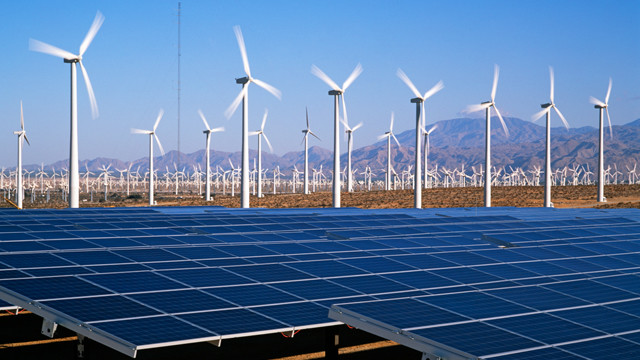The Philippines is poised to witness a substantial surge in its renewable energy market, with projections indicating an impressive annual growth rate of 22.6% until 2029. Recent regulatory reforms that eliminate restrictions on foreign ownership of energy assets are propelling this ambitious growth, drawing heightened interest from global investors, particularly Chinese firms.
Anly Mary Jose, Project Lead at Mordor Intelligence, underscored the pivotal role of regulatory changes in catalyzing this growth. “The removal of ownership barriers, combined with escalating energy demands, has significantly piqued international interest,” Jose commented. This shift follows recent legislation permitting full foreign ownership of renewable energy projects, sparking a surge in investments that should excite potential investors.
The Philippine government has further bolstered this momentum by introducing a comprehensive suite of incentives. These include tax holidays, duty-free equipment imports, VAT exemptions, and prioritized grid connections to attract substantial capital into the sector. The Department of Energy has set ambitious targets, aiming for renewable sources to constitute 35% of the power mix by 2030, with a further increase to 50% by 2040.
“To bolster the solar energy market, the government transitioned from feed-in tariffs to reverse auctions in 2019,” noted Jose. This strategic shift, coupled with anticipated foreign direct investments from Asia, is anticipated to fortify the Philippines’ renewable energy landscape, particularly in solar energy, and pave the way for a brighter future in the industry.
Highlighting strategic solar energy targets, Jose emphasized plans to add approximately 17.81 gigawatts of solar energy and 7.856 gigawatts of wind energy by 2030. This expansion includes significant capacities in other renewable sources such as hydro, geothermal, and biomass.
To expedite the adoption of renewable energy, the government has initiated several key policies, including renewable energy portfolio standards, net metering, the Green Energy Auction Program, and renewable energy market trading systems. Additionally, efforts to enhance electricity access in rural and island communities through mini-grid installations and the promotion of rooftop solar initiatives further underscore the country’s commitment to sustainable energy development.
As of June 2023, the Philippine government has greenlit approximately 1,087 renewable energy projects across various regions, promising substantial enhancements in renewable energy capacity nationwide.
The Philippines’ pursuit of renewable energy growth is a testament to its unwavering commitment to sustainability and energy security, positioning the country as a burgeoning hub for renewable energy investments in the Asia-Pacific region. This commitment should reassure the audience about the future of the country’s energy.


